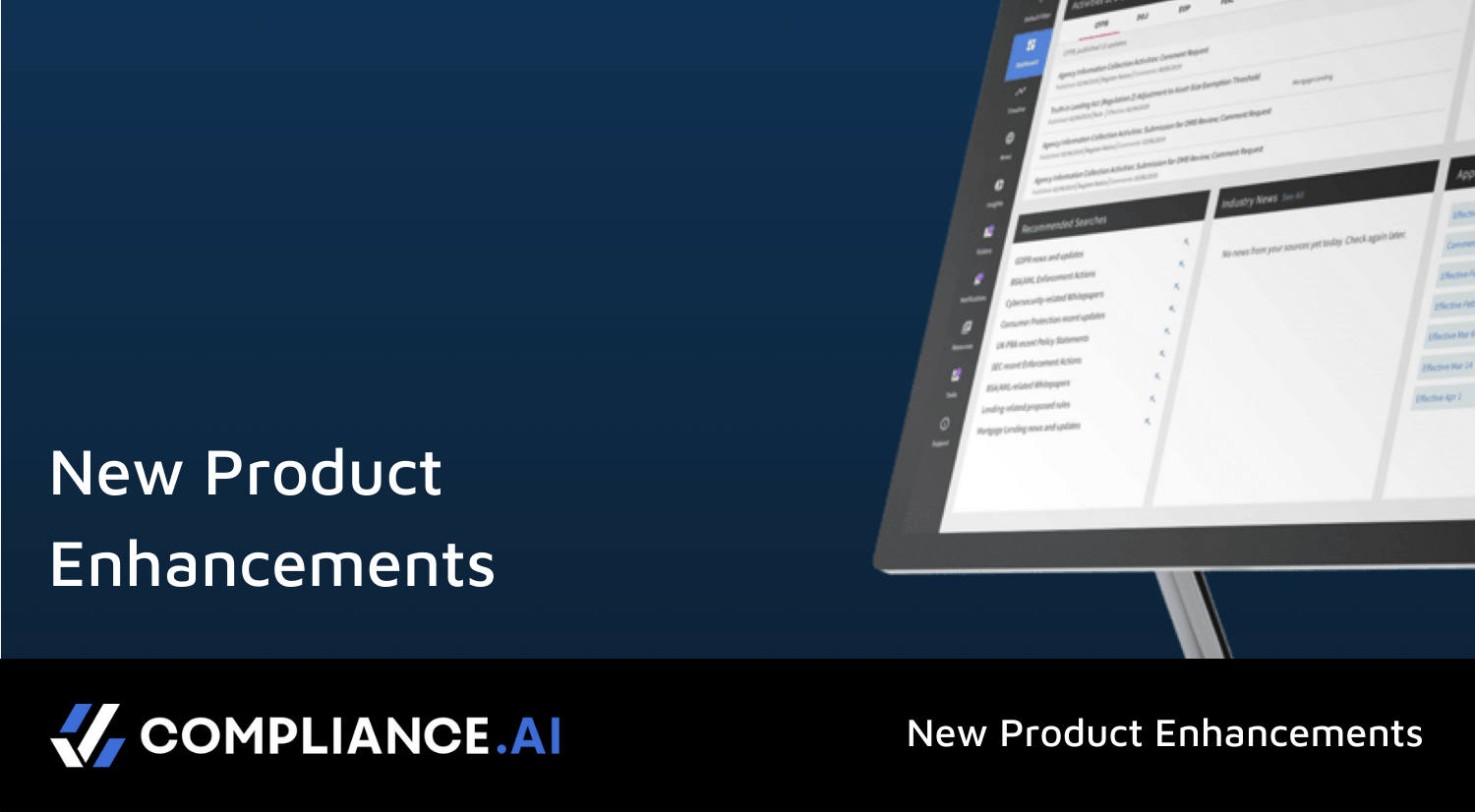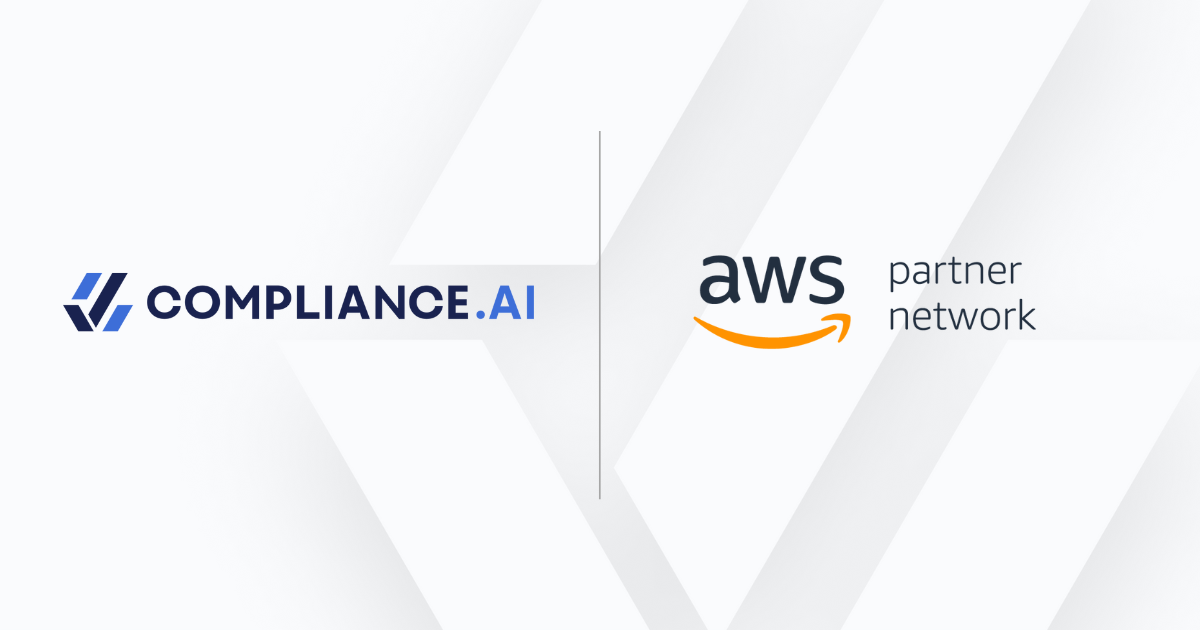
In a time of pandemic – check, that – especially in a time of pandemic – regulatory technology compliance solutions are needed more than ever, and the proof is in the performance.
That’s no hyperbole – it’s the outlook from major industry companies and a wide array of financial institutions.
Case in point. Before COVID-19 shook the world, money lost from financial crimes was an estimated $2.1 trillion on an annual basis, according to Interpol.
Worse, the problem isn’t going away even as most financial compliance teams work remotely during the pandemic. This from Interpol:
“Criminals are taking advantage of the Covid-19 pandemic to carry out financial fraud and exploitation scams, including advertising and trafficking in counterfeit medicines, offering fraudulent investment opportunities, and engaging in phishing schemes that prey on virus-related fears,” the law enforcement agency noted in an April, 2020 statement.
“Malicious or fraudulent cybercrimes, fundraising for fake charities, and various medical scams targeting innocent victims are likely to increase, with criminals attempting to profit from the pandemic by exploiting people in urgent need of care and the goodwill of the general public and spreading misinformation about Covid-19.”
Additionally, financial services companies still have to comply with mounting compliance regulations even in a time of pandemic, doing so with legions of employees working remotely and seeking to collaborate more effectively.
That’s neither an easy working environment for staffers or for compliance officers. Nowadays, sharing documents, managing compliance bottlenecks and engaging with team members to handle day-to-day regulatory issues means doing so via email, text, phone, or video conferencing, without human-to-human connection.
In such a turbulent business environment, the temptation, experts say, is to bypass the regulatory guide rails that existed in normal times in order to facilitate the flow of money and keep the company afloat until the current pandemic subsides.
RegTech Now, More Than Ever
The COVID-19 crisis has certainly changed the workplace dynamic.
According to a recent compliance industry survey, 96 percent of U.S. employees are working remotely while 82 percent of AML compliance teams are operating in a web-based only compliance systems environment.
Increasingly, corporate compliance team members are leaning on RegTech tools and strategies to stem the regulatory tide during the coronavirus crisis. More specifically, financial service companies are turning to RegTech at a time of crisis to better handle onerous regulatory compliance demands – particularly in the following critical areas:
Monitoring events. The best RegTech tools enable companies to track compliance news, events and strategies.
Using a slice-and-dice approach, financial services companies can save time and reduce all the noise and chatter with an automated, real-time, personalized stream of the latest regulatory change management content from thousands of sources across jurisdictions, documents types, and industry publications.
In a time of crisis, information is king, and a good RegTech monitoring service can mean the difference between success and failure in remaining in full compliance during the pandemic.
Analyzing events. With so many compliance team members working remotely, access to quality data is mandatory during the coronavirus crisis.
Robust RegTech tools, however, can save time, money and produce better strategy outcomes – especially on the data analytics front.
Good RegTech analysis tools can instantly identify what’s relevant, evaluate impact, review enforcement action trends, and prioritize tasks with key document attributes automatically extracted and AI-powered regulatory change management summaries.
Take direct action. Once a remote compliance team collects and reviews relevant regulatory data, remote team members can quickly assess obligations, make faster decisions, annotate documents, and streamline complex processes with collaboration features like automated workforce applications.
Organize and report. Remote compliance team members can also leverage RegTech tools to reduce risk and improve impact analysis, even if they can’t hash out compliance reporting issues face-to-face, like in the pre-COVID era.
Even working remotely, RegTech applications make planning for future audits easier, especially with a thorough, automated record of steps taken to adhere to requirements and simplify resource-planning needs with activity reports.
Out With the Old, In With the New
It’s hardly the first time that change has forced enterprise hands to usher in new ways of doing business and steering old ones out the back door.
So it goes with RegTech’s ascension during the COVID-19 crisis. In the midst of chaos, the technology’s performance and reliability resonates with company decision-makers working offsite, and that’s especially true in the regulatory compliance sector.
In the first half of 2020, it’s technology that has, far and away, been the biggest difference maker for financial services companies.
Now that the game has changed, and remote work is rising, expect RegTech investment to grow significantly over the next decade – as the compliance management sector changes with it.
Tags: compliance, COVID-19, RegTech, regulatory





